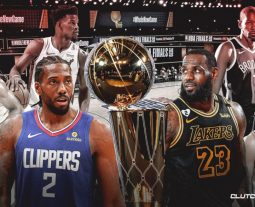Top 5 Ways Sports Media Has Devolved in the 21st Century
Other Sports | March 28, 2021
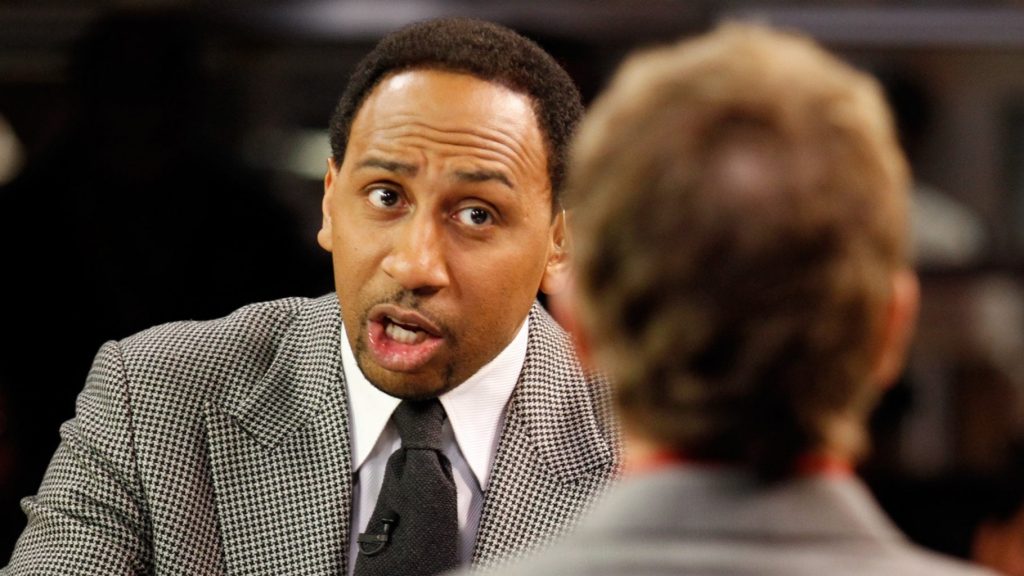
Boxing commentators have a habit of treating everyone but the top contenders of a weight class with disdain and derision. While NFL Films spent the first five minutes of highlight reels praising and glorifying whatever last-place underdog was losing to the 1975 Dallas Cowboys, Mohammad Ali was criticized as “ducking real threats” any time he scheduled so much as a #4 or #7 ranked Heavyweight upstart for a title defense.
That attitude has infected the entire 21st century sports world, from the announcing booth to the office water cooler. Super Bowl winners “were solid,” or “got the job done,” while the losing Super Bowl team is full of “chokers” and the rest of the NFL “sucks.” It’s an atmosphere of fashionable cynicism. Outstanding athletes and coaches are mocked and degraded on a daily basis, until the best compliment going around is the lack of an insult.
Tasteless, negative commentary is just one of many ways that the sports media has devolved in the current century. Let’s explore five more ways that the media has pulled American sports culture into the gutter.
#5 – Valuing TV Skills Over Topic Knowledge
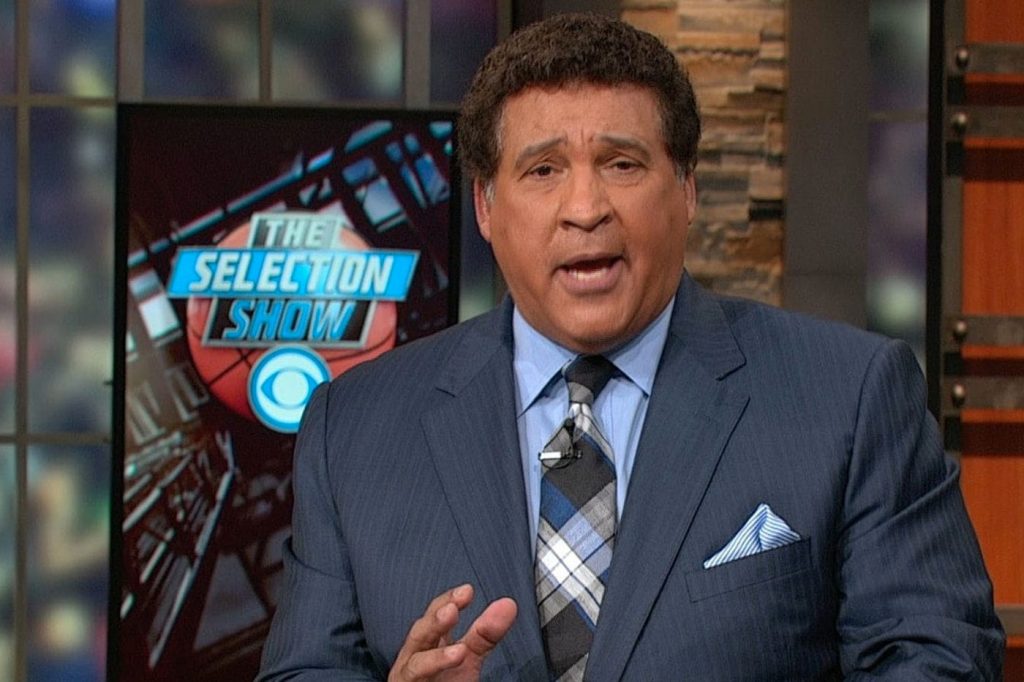
Greg Gumbel never says much of anything about basketball apart from, “Virginia is playing well, but UMBC looks pretty good too.” Yet Gumbel is solidly in place as the TV anchor for March Madness. Smooth skills on-camera are what keep modern television “pundits” in high-paying positions, not any special knowledge of the game. The worst offenders are shock-jock talking heads like Stephen A. Smith, who only learns enough stats and trivia to facilitate loud, shallow opinions. Smith once lauded a purely fictional San Diego Chargers roster on the air, but maintained a semblance of street cred thanks to ESPN’s PR machine.
#4 – Not Being Faithful to Broadcasted Sports
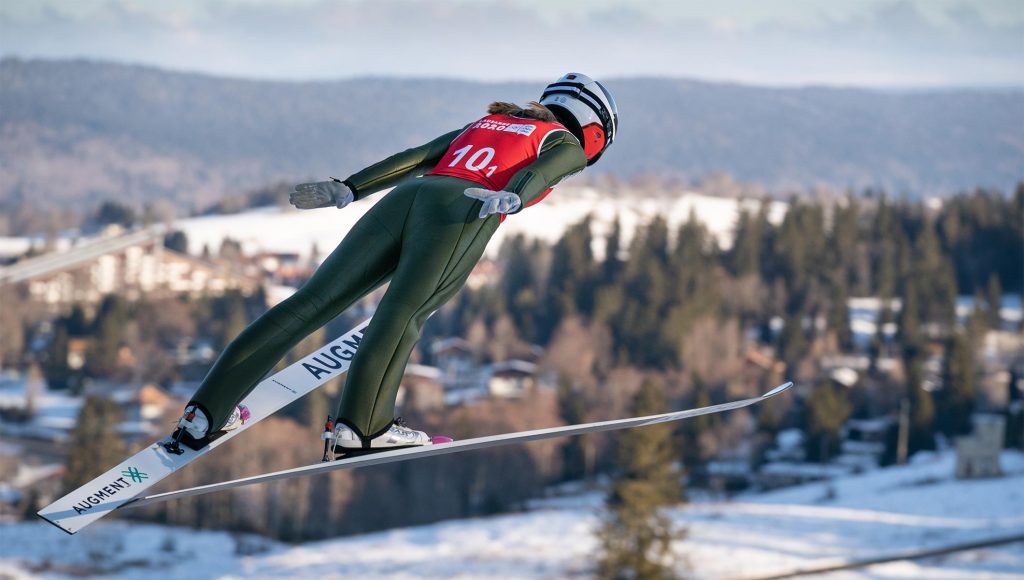
One of the myths of sports is that Americans watch the Olympics. For the most part, we don’t. Viewers are fed a pre-packaged collection of excerpts, docudramas, and interviews that don’t make sense. “Here’s Lindsey Vonn, fresh off the slopes, in-studio in her street-clothes half an hour later! Wow, this girl really is fast!” What’s worse, the broadcast style gives away the top Team USA performer in each sport by running their mini-docudrama before airing an expurgated 20:00 version of an “Olympic event.” It’s like seeing Kane’s pyro before a match and knowing who’s taking the 3-count.
#3 – Publishing Fake News by Accident

Prior to the post-FIFA World Cup “International Champions Cup” tour in 2018, the Chicago Tribune published an article about the event visiting Soldier Field, proclaiming “all the stars of the World Cup in Chicago!” The only problem was that Messi, Ronaldo, Neymar, and the top 50 English Premier League players had about as much chance of playing in the International Champions Cup as a rhinoceros winning a footrace.
Many “sports reporters” of present-day are too uninformed or unmotivated to get major details right. As if that weren’t bad enough, sometimes the fake news is on purpose.
#2 – Publishing Fake News on Purpose
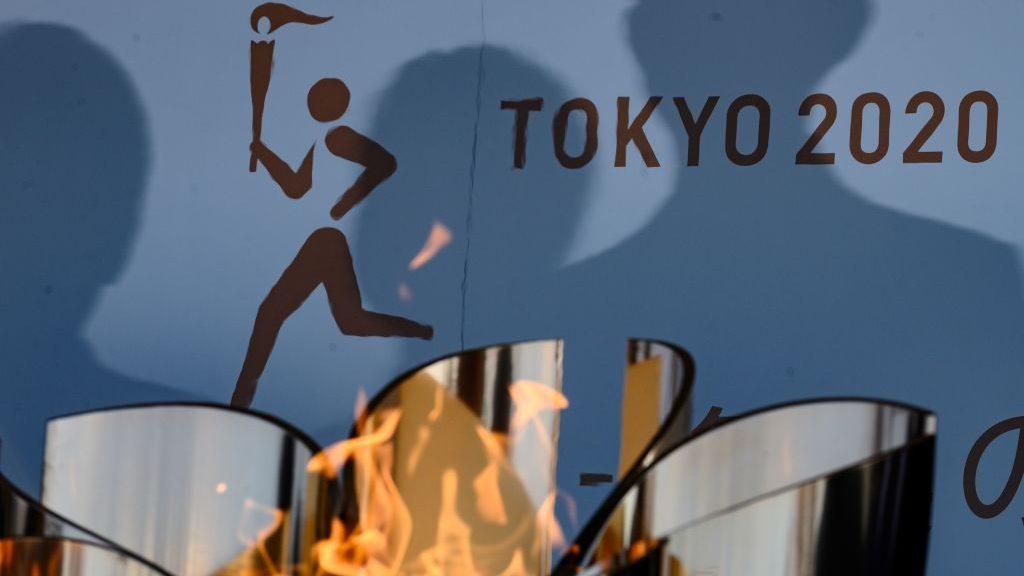
Remember when the 2020-21 college football season was cancelled? How about when the Tokyo Olympics was an “impossible” event that would never take place? Or the hundreds of times Paul Pogba has faced an “IMMINENT TRANSFER!” since joining Manchester United? (Yet there he is lining up with MUFC week after week.) Fake news is printed in sports media for many reasons, including cheap clicks on tabloid blogs, but the vilest reason is when the press tries to realize its own preferred narrative.
#1 – Showing Obvious Bias vs Teams and Players
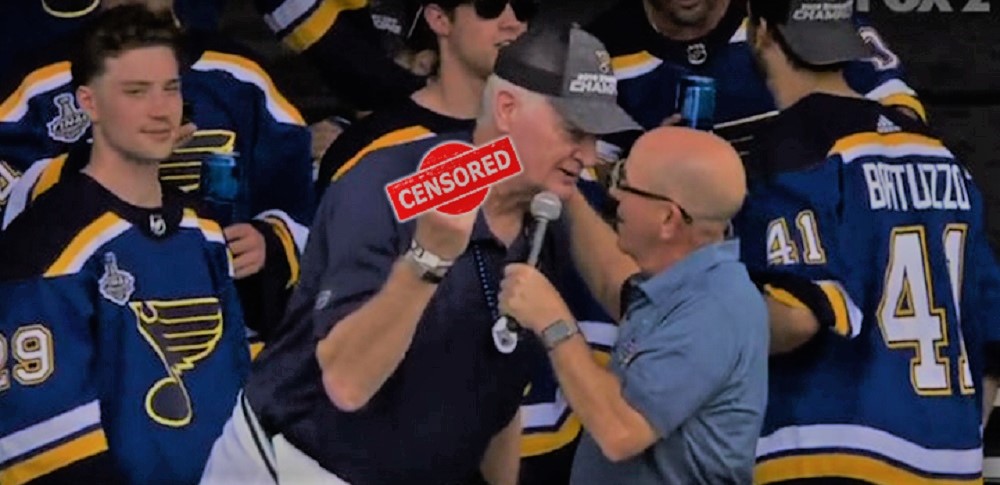
NHL Hall-of-Famer Larry Robinson raised a middle finger on behalf of the St. Louis Blues at the Stanley Cup parade in 2019. Robinson hadn’t suddenly become a low-life, but was incensed at media bias that painted the Blues as “slow-skating goons” and the Boston Bruins as solid Stanley Cup Final favorites despite St. Louis winning about 75% of its games in the calendar year to that point. After the Blues won, a Boston podcast said that the Gateway City roster “cheated” and should be disqualified. No Midwestern outlet could have gotten away with it without major backlash, but regional bias is just one of many indignities we endure from sports media.


